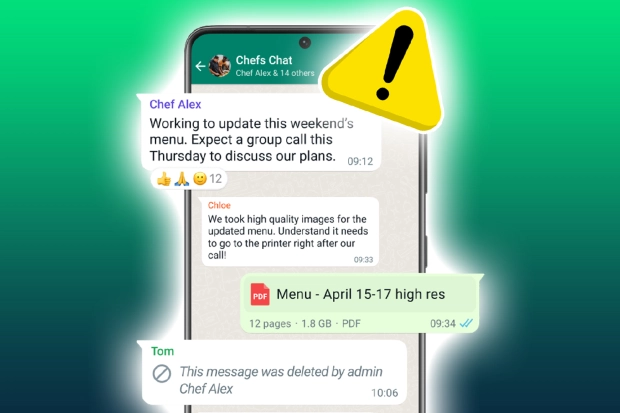
All WhatsApp users have received a crucial warning from CYBER-EXPERTS.
A deviously straightforward hacking method might grant criminals complete access to your WhatsApp.

They could even con your friends and relatives by sending and receiving texts on your behalf.
Additionally, it all depends on you sleeping.
Zak Avraham of zecOps, a security researcher, discovered the scam first.
Additionally, Malwarebytes Labs’ cybersecurity specialists have since released a warning of their own.
“The recent WhatsApp accounts takeover is simple and genius,” Zuk explained.
“This is how it works: You’re sleeping. A ‘hacker’ tries to log in to your account via WhatsApp.
“You get a text message with a pinched that says ‘Do not share this’.
“You don’t share it, yet you still get hacked.”
Although it seems evil and unattainable, experts claim that it is not only feasible but also quite easy to carry out.
Hackers exploit two errors utilising techniques that we won’t go into depth about, but we do explain how to stay secure below.
A two-factor authentication PIN can be set up once a hacker has access to your account to prevent you from getting your account back.
“Once the account has been hijacked, the attacker could use it to hijack accounts of the user’s contacts, spread malware, or hold the account hostage until the owner pays up to get it back,” Malwarebytes Labs warns.
Make sure you’re not only using the default voicemail protections on your phone account, but the best voicemail protections available.
However, you can potentially stop the assault by enabling two-factor authentication on your WhatsApp account.
This can stop a variety of typical WhatsApp takeover techniques and is quite simple to accomplish.
Launch WhatsApp and select Settings > Account > Two-Step Verification to configure it.









